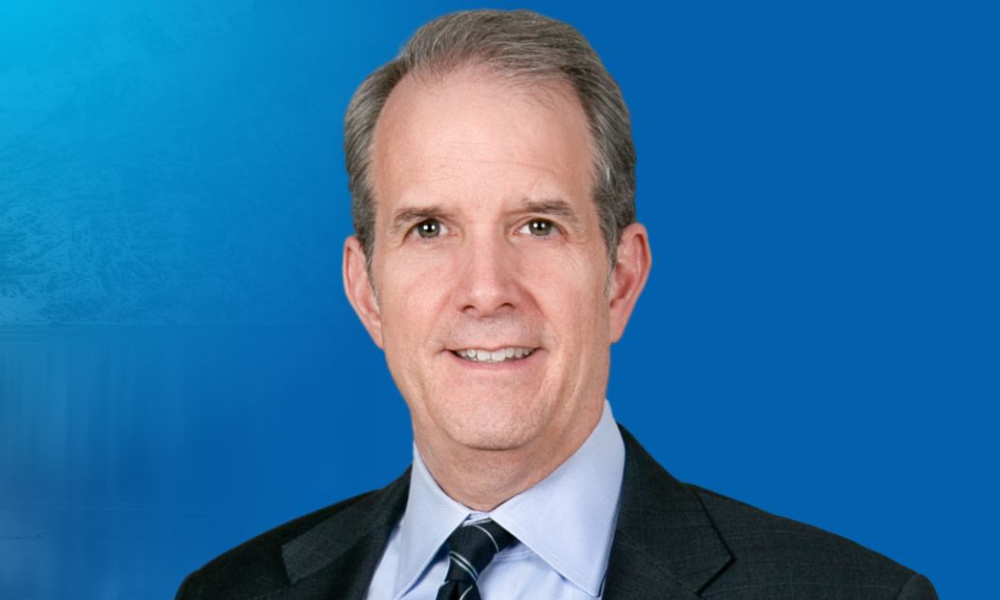

AI may accelerate efficiency, but it can’t replace empathy. Tim Thomas argues that high-net-worth clients still measure value in trust—not processing speed.
Wealth management firms are rapidly adopting AI to boost productivity. According to a 2025 McKinsey report, generative AI could deliver time savings of 6% to 12% for advisors by 2034, assuming a 30% to 40% adoption rate of advanced tools. While the efficiencies are real, they are not transformative on their own. For high-net-worth (HNW) clients, meaningful advice still hinges on personal trust, not automation.
With decades in private wealth, Tim Thomas, chief investment officer and wealth manager at Badgley Phelps, sees AI as a valuable tool, but one that belongs behind the scenes. He uses it for routine tasks, freeing up time for the work that clients value most.
Still, the heart of his practice remains human. “It’s not about automation or computational capabilities,” he says. “It’s about a great emotional human connection.”
Great advisors, Thomas believes, succeed by connecting on a personal level. “They find ways to relate to clients in a way that resonates, that allows them to influence decisions, offer guidance, and build trust.”
As wealth management firms race to integrate AI into their platforms, Thomas cautions against confusing scale with personalization. He doesn’t dismiss AI. In fact, he actively uses it, but he is unambiguous about its role.
“We want to apply the AI to repetitive tasks or quantitative tasks or things that require a lot of computational rigor,” he says. “But when it comes to delivering the advice and delivering the key offerings, those are all done face to face and by establishing that human connection.”
It is not resistance to change that defines his stance, but a measured understanding of what technology should and should not replace. AI has transformed how Thomas handles back-end tasks, streamlining notetaking, automating summaries, and uploading key insights directly into the firm's CRM system.
“I use it all the time to help with research and note taking,” he says. “It's a huge efficiency tool.”
But those tools, he insists, cannot become a crutch that diminishes personal engagement. “We want to use the tools that it provides,” Thomas adds, “but not let that interfere with the human connection.”
For HNW clients, wealth isn’t just numbers. It is often entangled with family dynamics, legacy planning, and deeply personal priorities. Discretion and trust hold a premium, and that is where Thomas sees AI offering an unexpected benefit: freeing up time for the kind of meaningful conversations that clients truly value.
“I think AI does boost efficiency. It allows you to spend more time doing the work that clients are paying you for: investment research [and] financial planning,” he says.
That reclaimed time translates to what he calls a white glove approach, delivering a personalized experience that AI simply cannot replicate.
“We want to use the AI to improve the work product and make it as best as it can be in the most efficient way possible,” Thomas says, “but also then deliver that with very much a highly customized kind of white glove approach.”
Even in moments of crisis, Thomas believes AI can help amplify the advisor’s role rather than replace it. He points to recent volatility as an example, where automation helped his team maintain consistent, timely communication with clients across the board.
“Instead of spending too much time delivering the messaging, you can use AI to create a crisp, clean message that goes out to all clients at once, and they're kept informed,” he explains.
Where the technology narrative becomes dangerous, Thomas says, is in the assumption that full automation is inevitable or even desirable.
“I think one of the big misconceptions is that people will be completely replaced,” he says. “There's a good mix between using technology and then having the kind of human connection and that trust level, where the strategies are customized to you.”
That customization is especially crucial when markets are shaky. During periods of turbulence, clients often reach out not for data but for guidance, reassurance, and a gut check on whether they are still on the right path.
“During the first period of market turbulence, there's a lot of clients that got uneasy and came to us and said, you know, hey, I've got this, and I'm not really sure if I'm doing the right thing.”
AI platforms, no matter how sophisticated, cannot read a nervous tone or a pause over the phone. They cannot interpret what a client isn’t saying.
“There's also some nuance to risk tolerance,” Thomas notes. “So that's where it's good to have a human involved. I know just in talking with them, that maybe it's a little bit different, or when times become a little tough, they may be a little bit more on edge or uneasy than maybe they're letting on.”
And that is the heart of Thomas’s message. AI can support, clarify, and streamline, but it cannot replace presence, perception, and trust.
“It's really about understanding how to use the AI,” he says, “but we don't want to interfere with that human connection that is so important in the relationship.”

MyVest and Vestmark have also unveiled strategic partnerships aimed at helping advisors and RIAs bring personalization to more clients.

Wealth management unit sees inflows of $23 billion.

Deal will give US investment bank a foothold in lucrative European market.

New report examines the impact that the initiative has had on philanthropy.

Few feel confident that they will meet their retirement goals.
Orion's Tom Wilson on delivering coordinated, high-touch service in a world where returns alone no longer set you apart.
Barely a decade old, registered index-linked annuities have quickly surged in popularity, thanks to their unique blend of protection and growth potential—an appealing option for investors looking to chart a steadier course through today's choppy market waters, says Myles Lambert, Brighthouse Financial.
